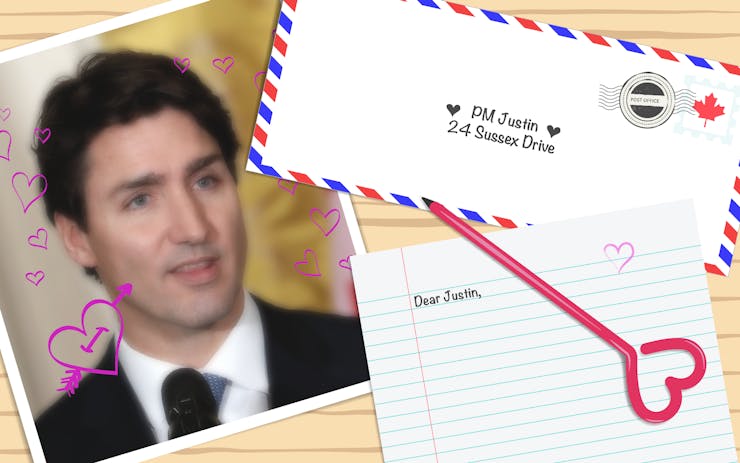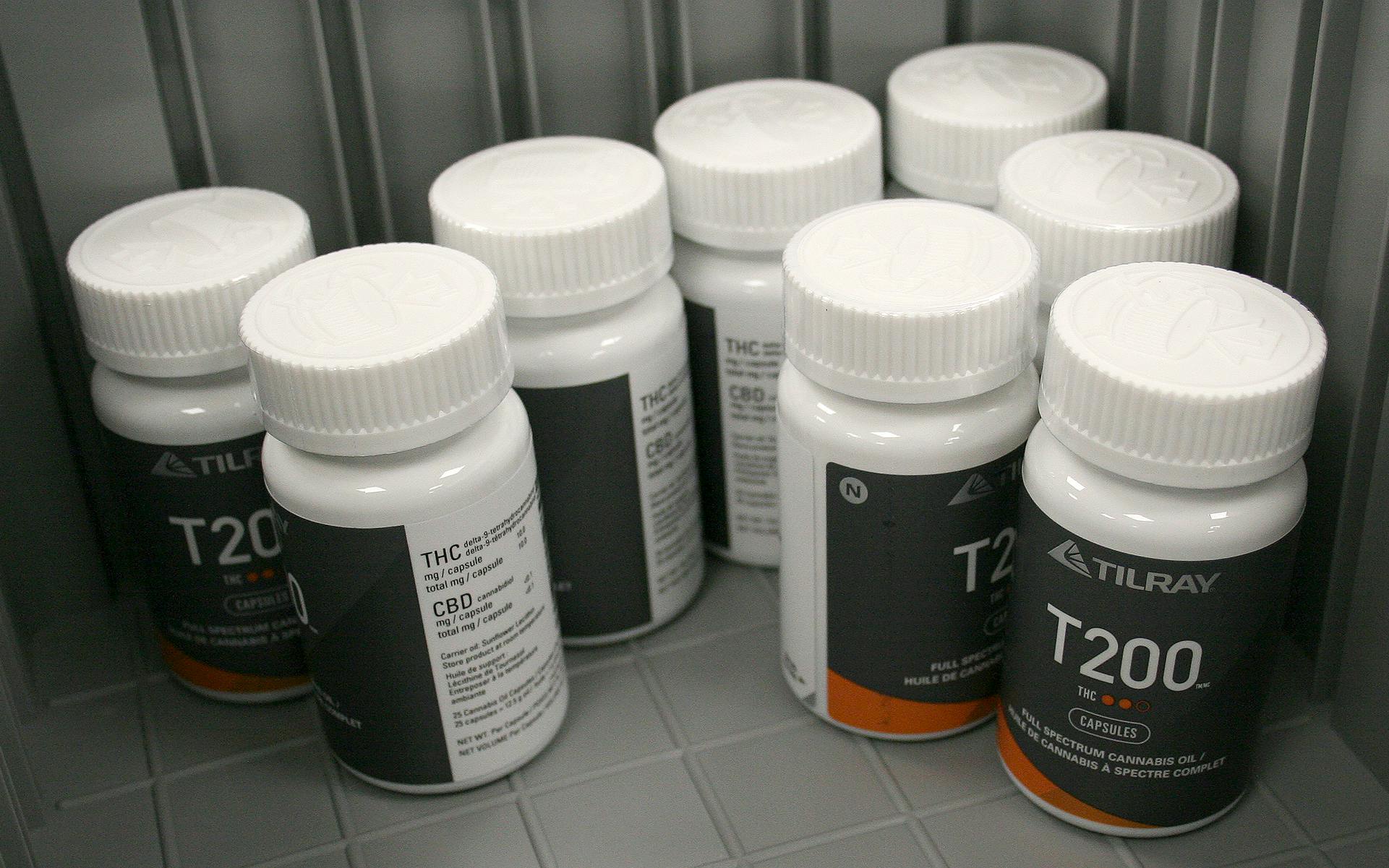Dear Justin,
The countdown is on! Just nine more months until adult-use recreational cannabis is legal and the provinces are scrambling to prepare. In the meantime, Ontario is ready to lead the way with its sales and restriction rules for recreational marijuana. And from what I’ve seen so far, their plan is a real buzzkill.
But before we unpack the issues, I think we should consider the current marijuana landscape. As of this letter, there are about 34 marijuana dispensaries currently operating in Ontario. Are you surprised by this number? I sure was! With all the handwringing and hysteria over Ontario’s allegedly out-of-control dispensary scene, I assumed there were hundreds. Well, I mean, soon there actually will be hundreds but they’ll all belong to the provincial government.
After all, existing dispensaries have been declared fully illegal and forthcoming legal cannabis will only be available according to rules put forth by the province last week. Let’s review!
- Recreational marijuana will be sold only at government-owned, standalone cannabis outlets, of which there will be 40 to 60 in operation by 2018, with an additional 80 open by July 1, 2019, and roughly 150 open by 2020.
- Standalone cannabis outlets will be run by a subsidiary of the Liquor Control Board of Ontario (LCBO).
- These outlets will be separate from provincially owned liquor stores and will only stock product supplied by growers licensed by Health Canada.
- Cannabis will also be sold through a province-run website starting July 1, 2018 and delivered by Canada Post only with a signature required on the receiving end.
- If you want to buy or carry marijuana, you must be 19 or older.
- Consuming marijuana in any public space, including parks, workplaces and motorized vehicles remains illegal, meaning it can only be consumed at home.
- Prices will be kept competitive to curb the black market.
I’ll save you a trip to the comments section and a meeting with your PR team and summarize what Ontarians think of this plan: It stinks.
Gone is our enthusiasm for being a progressive country where citizens can get a slice of the recreational marijuana pie in a competitive market. We won’t even get literal cookies (or gummy bears) so we don’t accidentally harm the children. Sidebar: Have you ever seen an alcoholic cooler? What kid wouldn’t grab for one of these? They’re colourful, smell like candy, and we keep them in the goddam fridge! Nobody seems too upset about that.
What’s more, Justin, the Ontario model makes no effort to address the most significant driver behind legalization: decriminalization.
Canadians were looking forward to a decriminalized landscape and a loosened attitude about the ‘moral failings’ of humans who uses cannabis. Now we see that our government, who for so long told us cannabis was bad, intends to make itself sole beneficiary of its former enemy by using greedy, hypocritical, and dare I say conservative ‘regulations’.
What’s more, Justin, this model makes no effort to address or acknowledge the most significant driver behind legalization: decriminalization.
Did you know that last year the city of Oakland approved a law that says, “Qualified minority applicants with majority ownership in medical cannabis businesses will receive half of all licenses issued in Oakland, California along with zero-interest loans subsidized by the city’s cannabis tax revenue.” Why? Because in Oakland, black citizens are the city’s foundation and as such, are entitled to participate as cannabis entrepreneurs with absolute agency. What’s more, this law acknowledges the disproportionate number of black people (77% black compared to just 4% white) arrested for marijuana related offences, and aims to make reparations for the harm done by this disparity.
While the Oakland law is flawed, it is symbolic. It could even be described as Trudeau-ian. Only it isn’t. See, we have a similar problem here and yet Indigenous people and people of colour—also disproportionately punished for cannabis-related crimes—will be granted no stake in the budding industry whatsoever. Pardons and amnesty aren’t looking good either.
I’m also confused to hear that the government intends criminalize dispensaries. To my mind, this amounts to a total dismissal of what is essentially high-value corporate knowledge. I saw a great quote from Abi Roach of Hotbox Cafe and Vapor Lounge, who not only predicts Ontario’s model will lead to long lines and consumer frustration but that, “They [the government] don’t understand the market, and they don’t understand the cannabis consumer… The person who smokes high-end cannabis, they don’t want shwaggy, mass-produced stuff. They don’t want Labatt Blue, they want craft.” I mean, we both know it’s all about controlling substances and saving children but these are experts with something to contribute when it comes to product quality, sales, and customer service.
So, to recap: Cannabis will remain difficult to access, and strains and consumer choice will continue to be limited or inappropriate for users with specific needs.
While we’re at it, a subsidiary of the LCBO is going to run this thing, huh? Where to start? Their frustratingly limited hours of operation? Their dysfunctional relationship with their unionized employees? The limited product availability? I mean, it’s nice they’re getting special cannabis training but if I have questions about weed, I’m going to talk to people like Abi Roach, not a unionized shelf stocker who spent 15 days in a conference room at Health Canada.
So, to recap, not much is going to change. Cannabis will remain difficult to access, strains and consumer choice will continue to be limited or inappropriate for users with specific needs, cops will still be getting up early kick in dispensary doors, and there will be no public, adult space where people can learn about cannabis from an expert. Oh, and no gummy bears. Seems to me that black-market cannabis dealers can rest easy knowing their clients aren’t going anywhere.
I’d ask you to reflect and appeal to our provincial governments, but it looks like this train has already left the station. I just hope you don’t expect Canadians to jump through hoops, smoke whatever their province gives them, and then say thanks the “privilege.”
Good luck out there.







